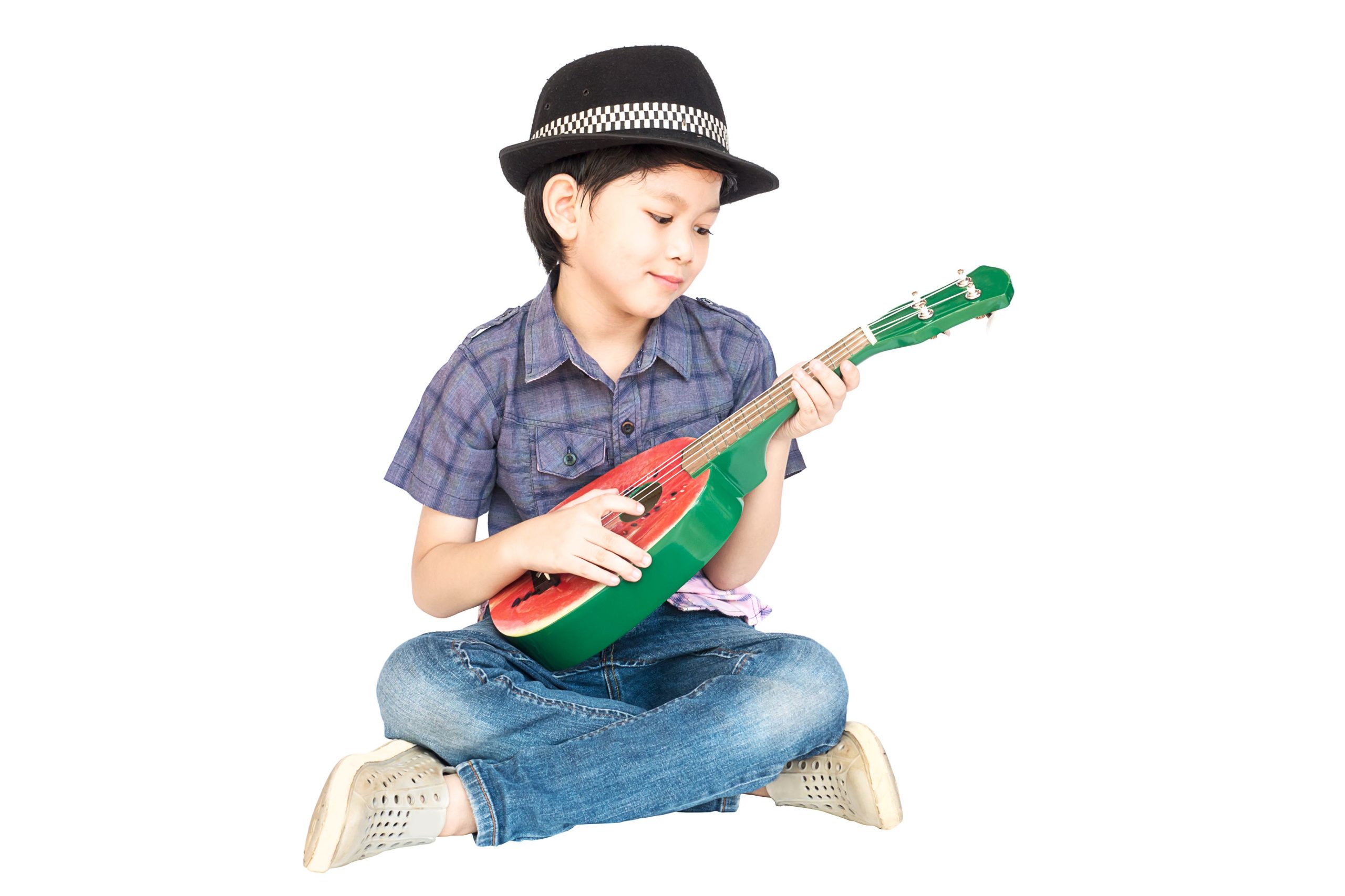
The Joy of Music: Easy Instruments for Preschoolers with Similar Operation Mechanisms
One of the most beneficial activities you can encourage preschoolers to pursue is music. Music is a universal language that brings people together and has numerous benefits for preschoolers. However, some instruments might be too loud, heavy, or fragile for preschoolers to handle. Therefore, it’s crucial to choose instruments that are easy to play and have a similar operation mechanism. In this article, we’ll explore some of the easiest instruments for preschoolers with similar operation mechanisms.
1. Ukulele
The ukulele is a small, four-stringed instrument that originated in Hawaii. It’s an excellent instrument for preschoolers because it’s easy to play, lightweight, and has a mellow sound. The ukulele has a similar operation mechanism to the guitar, but it has fewer strings and a smaller fretboard, making it easier for preschoolers to handle.
2. Xylophone
The xylophone is a percussion instrument consisting of wooden bars of different lengths struck by mallets to produce musical notes. It’s easy to play and has a simple operation mechanism. Preschoolers can use both hands to strike the bars, producing different tones and rhythms. It introduces them to pitch, rhythm, and melody.
3. Recorder
The recorder is a woodwind instrument similar to a flute. It has a simple operation mechanism with a mouthpiece and finger holes that produce different notes when covered or uncovered. Playing the recorder can help preschoolers develop breath control, finger dexterity, and ear training.
4. Hand Percussion
Hand percussion instruments, such as tambourines, maracas, and shakers, are played by striking, shaking, or rubbing them with hands. They’re lightweight and have a simple operation mechanism, making them suitable for preschoolers to develop hand-eye coordination, fine motor skills, and rhythm.
5. Keyboard
The keyboard is a versatile instrument that can produce a wide range of sounds and styles. It has a similar operation mechanism to a piano but is smaller and easier to handle. Playing the keyboard can help preschoolers develop hand-eye coordination, finger dexterity, and music theory knowledge.
6. Drums
Drums are percussion instruments played by striking or hitting them with sticks or hands. They come in various sizes and types and are easy to play with a simple operation mechanism. Playing drums can help preschoolers develop hand-eye coordination, rhythm, and creativity.
Tips for Introducing Preschoolers to Musical Instruments
Learning to play a musical instrument can be a fun and rewarding experience for preschoolers. Here are some tips for introducing them to musical instruments:
1. Start with the basics: Ensure preschoolers understand how to hold the instrument, produce sound, and play simple notes or chords before moving to more complex songs or techniques.
2. Keep it fun and engaging: Engage preschoolers with games, tales, and other activities to make learning enjoyable.
3. Be patient and encouraging: Celebrate preschoolers’ successes and provide encouragement as they learn to play the instrument.
Conclusion
Introducing preschoolers to musical instruments with similar operation mechanisms can provide them with a positive and enjoyable experience. Instruments like the ukulele, xylophone, recorder, hand percussion, keyboard, and drums offer opportunities for preschoolers to develop musical skills and interests. By supporting and guiding preschoolers in their musical journey, we can help them discover the joy and beauty of music from an early age.
Remember, music education is beneficial for preschoolers and people of all ages. By sharing the gift of music, we can inspire creativity, foster learning, and bring joy and beauty into the world.


